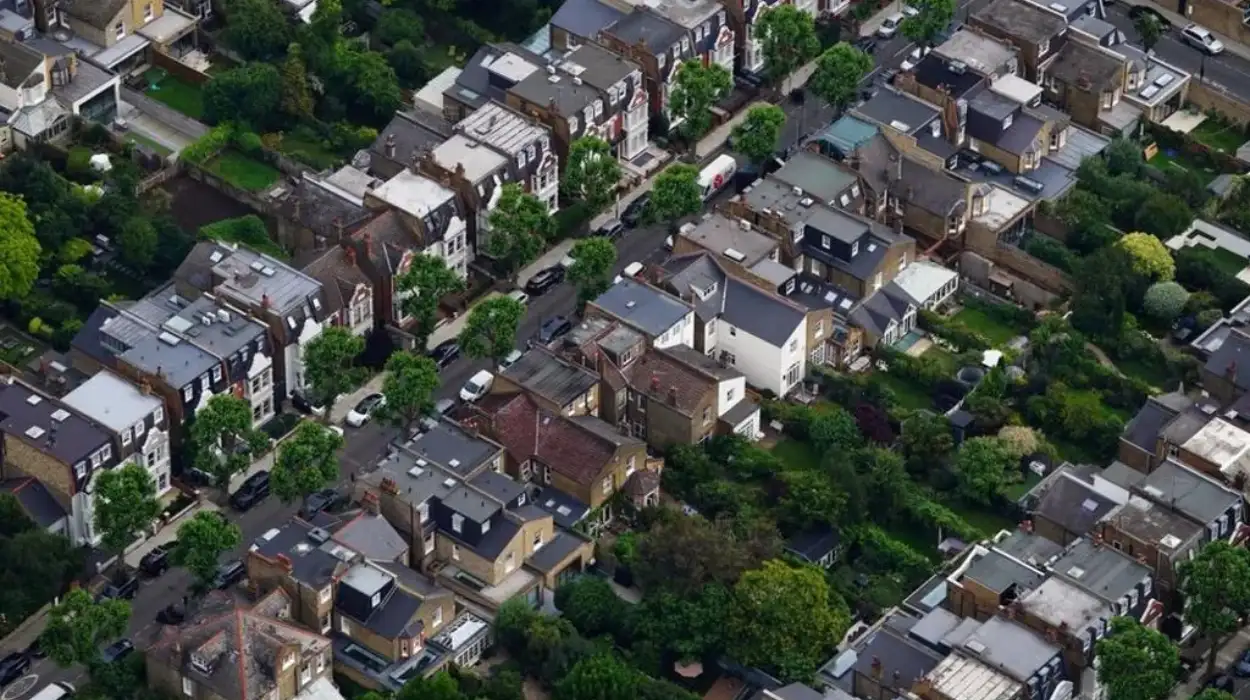The UK government is considering new regulations that would require foreign nationals to live in the country for 10 years before becoming eligible for social housing in England. The proposal, which also includes a requirement for a two-year connection to the local area, is part of a broader effort to prioritize housing for those deemed to have a stronger connection to the country.
In addition to the residency requirement, the government plans to introduce new powers allowing local councils to ban individuals from social housing for up to five years if they engage in anti-social behavior, under a “three strikes and you’re out” policy. These measures are aimed at ensuring that “decent and hardworking people” who have contributed to the country have better access to social housing, according to Housing Minister Lee Rowley.
The announcement has sparked criticism from the Labour Party, with Shadow Housing Secretary Angela Rayner accusing the government of “gaslighting” people who are already struggling to find housing. Rayner argued that the new rules would do little to address the root causes of the housing crisis, which has left some people waiting over a decade for social housing.
The government has opened a consultation on these proposals, which will run until March 26, with plans to implement the changes by amending housing laws at the earliest opportunity. The new 10-year residency requirement would not apply to certain groups, including Irish citizens, Commonwealth citizens with the right of abode, qualifying EU citizens, and refugees who arrive through designated legal routes.
Critics, including the National Housing Federation and the Local Government Association, have raised concerns that extending the qualification period for social housing could exacerbate homelessness and strain an already limited supply of affordable homes. They argue that more significant policy changes and increased funding are necessary to address the underlying issues in the social housing sector.


